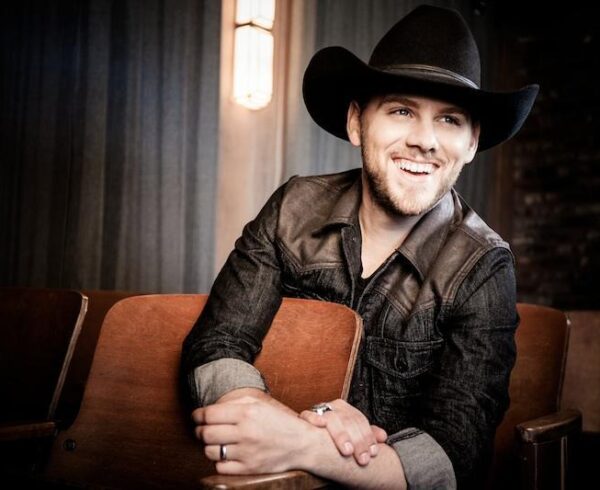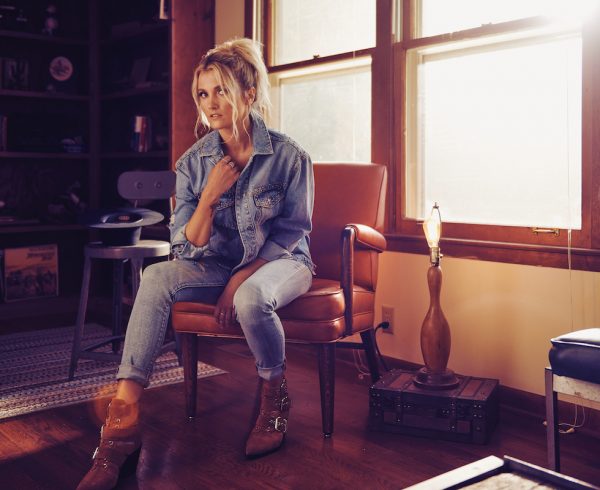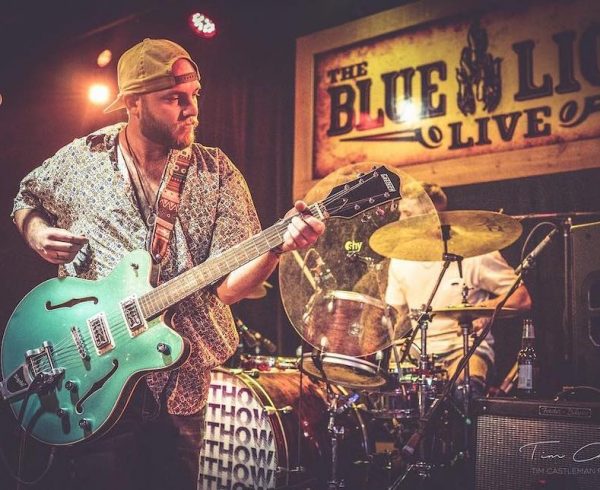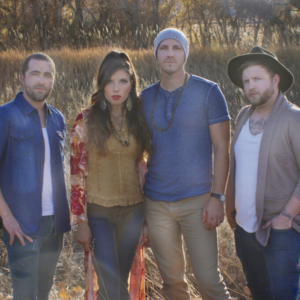The World’s Best Finger Drummer: SCENES Media’s Inside Look at Rick Feds
SCENES Media: Hi Rick! So, how are you? Where are you?
Rick: I’m in Latvia! I’m originally from Latvia, I was born in a small town here in the middle of nowhere, when it was still under the Soviet’s strict rules …
SCENES Media: So is Latvia where you started your musical training?
Rick: Well, I was a classical musician since I was 17, like classical piano, classical singing, but the Russian School, was, like hardcore, so there was no possibility for us to study anything. It was not allowed to study any pop or jazz, and I come from the younger generation, but it was still hard, so when I was 18 or 17 I went to the Netherlands to study Jazz, just for a little bit and then was there just two years, because it was just so straight ahead. So then I went to Copenhagen, because that was more avant-garde, and I lived there for four years, studying music and playing local clubs, and it was going well, but I knew I had to come back to Latvia. So I came back and started the jazz program at the Latvian Music Academy because there was no jazz, so I did that and I taught for a year.
SCENES Media: And is that when you applied to come to the United States as a Fulbright Scholar?
Rick: Yes, at that point I was a pretty solid drummer, you know, but I wanted to get better and knew I had to come to the states for that.
So someone recommended me to apply for the Fulbright, and I think they liked the work I did, because it was crazy that I got it! There has been no musician in the history of Latvia to get the Fulbright.
SCENES Media: That is amazing. So where did you land in the U.S.?
Rick: So I went to The University of the Arts in [Philadelphia], because that was where the syncopated beat movement was happening at that time, and I wanted to study that, and New York was close, so I went there.
SCENES Media: Was it a culture shock or was it like Copenhagen?
Rick: Well, when I got to Philly, I was a nobody, and I tried to get into the African American music community, but it was just impossible, first of all I was white and second of all I wasn’t playing as well as well as I do now, but after I tried so hard, practicing 15 hours a day, and I was back and forth between Philly and New York, playing with a lot of artists, and after two years of working hard I started getting session work, and with bigger names, and I started playing in a massive gospel church, so I was finally welcome in African American communities, and so my life changed for the better.
SCENES Media: You made it into the scene!
Rick: Yeah, finally, and I did pretty good with session playing and playing for artists, and I was good with melody and I felt really good about my drumming. But then I felt like I wanted to compose, express my emotions, write lyrics, but I wasn’t really able to because of the session work. I got an agent, but I couldn’t sign anything, because I was a Fulbright and there’s a two year home residence requirement, that says you have to go back to your home country, and that was all so hard.
SCENES Media: So now you are back in your home country of Latvia?
Rick: Yeah, so I came back, and I was starting to get interested in writing my own music, and I got my hands on the sampler. I’m a fan of analog gear, and old synthesizers, and all these complex setups, and I wanted to express who I am, so I did a lot of sampling and looping and synthesizers… and it was good control, I can compose, I can produce, I have melodies, I have harmonies, and I am the whole band. That was exciting for me.
SCENES Media: What about the push controller in your video that blew up on the Scenes Media Live Sessions?
Rick: That’s the Ableton push controller, which is basically like a keyboard, that processes data into your computer, where you have the sounds, where you have everything… one of the reasons I live is for love, and also for controlling creativity. And controlling this device is the closest I can get to controlling what I create, I believe that I am one of the best in the world at creating multiple-layered media data… and I can send that out, and I can have the full control of what you see and what you feel, and I can improvise and I can react with the audience.
SCENES Media: So you love live performing? Is that your favorite part of being a musician?
Rick: Basically, I am a performer. I like being on stage, I love performing, being able to control multiple surfaces, and yeah, performing is what excites me this most.
SCENES Media: So what can fans expect to see or hear next from you?
Rick: Right now I am focused on the EP and I’m staying in the studio for the next couple of months, but there will be some dates announced… and trying to finish the album, as well as I can, and when it’s done, I’ll release a video with each track. So that is the focus. It’s going to drop this summer, but I don’t have a name. It will have some of the tracks I played in the [Scenes Media] live sessions…
SCENES Media: That sounds amazing. Thanks Rick! We can’t wait for the EP. Keep us posted about the drop date. And Scenes Media community and Rick Feds fans: if you have an idea for a title for Rick, share with him in the comments below.
In the meantime, check out Rick’s Studio from this brand new video from filmmaker Reinis Vilnis, in which Rick Feds gives The SCENES Media community an inside look at his home studio.












